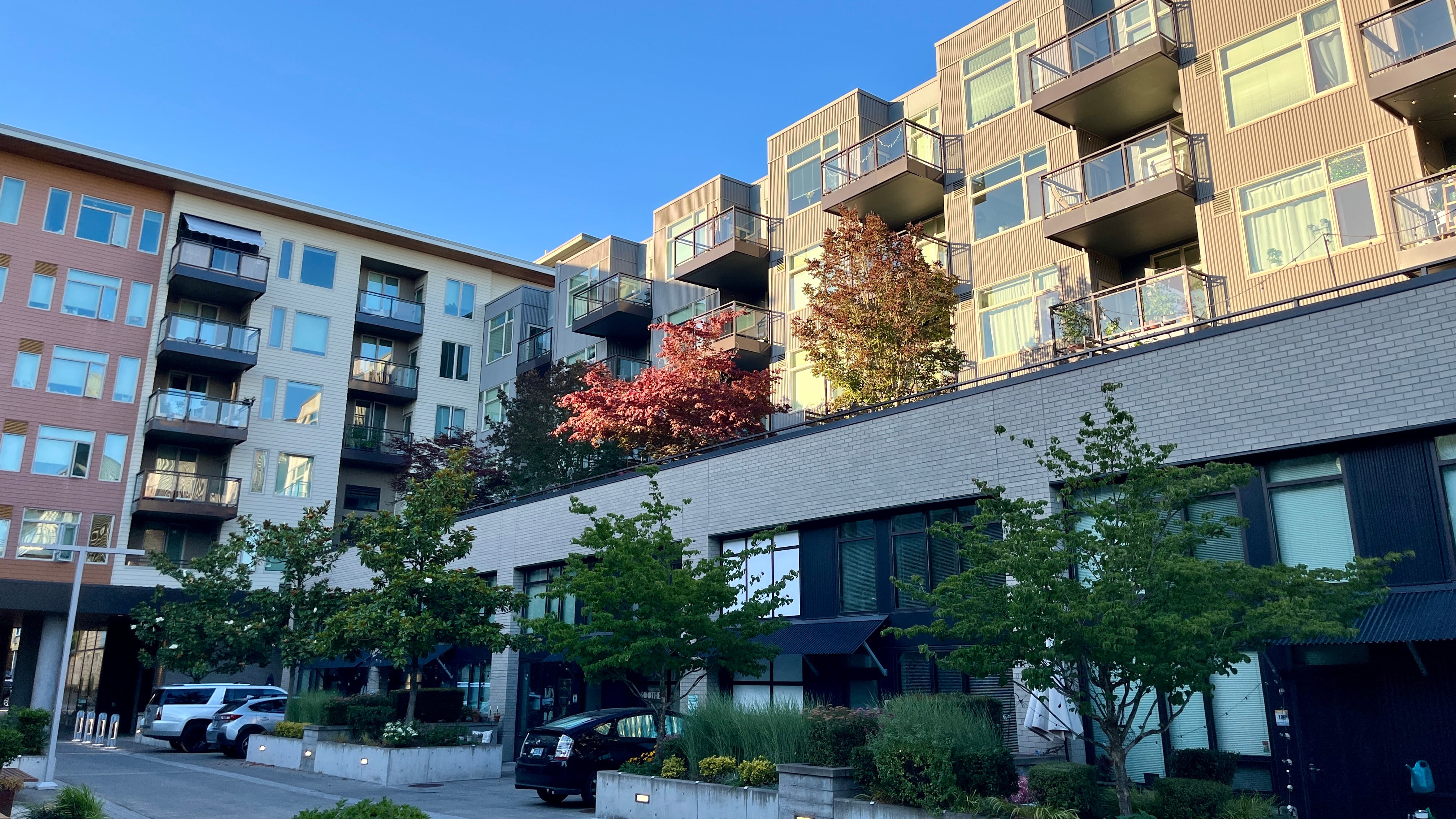This story has been corrected to show that Berkshire Residential Investments is not affiliated with Berkshire Hathaway, the investment firm founded by investment legend Warren Buffett. WW regrets the error.
Who’s crazy enough to buy an apartment building in Portland, where renter protections are among the toughest in the nation and many city councilors are skeptical about capitalism?
Berkshire Residential Investments, a Boston-based firm that manages $32.5 billion for institutions like pension funds, that’s who. Berkshire paid $88 million for the 265-unit Peloton Apartments on North Williams Avenue between North Mason and Skidmore streets on June 16, according to public records.
Including the Peloton, Berkshire owns three apartment buildings in Portland, according to its website.
The purchase is welcome news for Portland real estate, “showing that hesitancy among investors looking to enter the market or expand their portfolios is beginning to wane,” analysts at real estate firm Colliers said in a report this week.
Buying in Portland is a contrarian play right now. Office vacancies downtown are running at about 30%. Both Intel and Nike are slashing payrolls, and Oregon Health & Science University faces huge cuts in research funding from the National Institutes of Health.
In an email to constituents last month, City Councilor Dan Ryan said he’s concerned about the anti-market economy rhetoric from some of his colleagues. Among questions he’s been asking them: “Is Portland the testing site to eliminate capitalism in favor of socialism?”
Berkshire for one, seems to think it’s not.
Nor does Jeff Swickard, the car-dealership magnate who paid $45 million for U.S. Bancorp Tower last week.
If Portland turns around, Swickard could score bigger than Berkshire. Big Pink, as the tower is known, rises 42 stories and has more than a million square feet of office space. The Peloton is 263,000 square feet, and the tallest portion of the complex is just six stories.
But the Portland office market is collapsing, hurt by work-from-home opportunities and investors’ wariness of downtown blight.
Residential prices remain high in the meantime, thanks to Portland’s appeal and a dearth of new construction. That’s why a marquee office tower sold for less than half of what a pedigreed investor paid for a humble apartment building.

